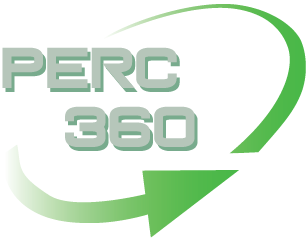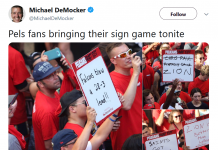For the first time in history, the FDA has approved a treatment involving gene therapy in the United States. The drug Kymriah can now be used for certain pediatric and young adult patients up to 25 years of age with B-cell form of acute lymphoblastic leukemia (ALL). The drug is intended for use in patients who have a relapse of ALL or are not responding to traditional treatments.
The National Cancer Institute estimates that approximately 3,100 patients aged 20 and younger are diagnosed with ALL each year. ALL can be either T- or B-cell origin, with B-cell being the most common.
ALL is the most common childhood cancer affecting the white blood cells within the bone marrow. DNA mutations within these cells cause the cells to grow out of control and can spread to other areas of the body. Survival rate at 5 years is 71%. With a relapse of cancer, the rate goes down to less than 10% after 5 years, which is the target of the new immunotherapy treatment.
Kymriah takes the patient’s T-cells and genetically modifies them to include a DNA sequence with a protein called chimeric antigen receptor (CAR). This protein was found to target and kill rogue B-cells in patients with ALL. The modified cells are then infused back into the patient to kill off the cancer cells.
Serious side effects can occur within 22 days of reinjection of the drug including cytokine release syndrome (CRS), which causes flu-like symptoms as well as neurologic events. The FDA is requiring hospitals to be certified to give this drug due to the risk of CRS.















